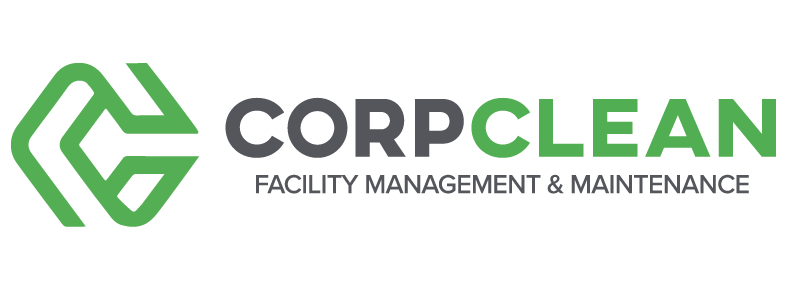Breathe Easier: Improving Indoor Air Quality
Maintaining indoor air quality ensures a healthy and productive work environment; therefore, it is a crucial aspect of any business.
We tend to think of air pollution as an outdoor problem, but according to the EPA, Americans spend roughly 90 percent of their time indoors, where the concentrations of some pollutants are often 2-5 times higher than outdoor concentrations. The indoor air quality of your business not only refers to the air inside, but it also takes into account the air around your building. Whether it’s short- or long-term exposure, poor air quality can cause a variety of health issues, including respiratory diseases, heart disease, and cancers. Maintaining good indoor air quality is a crucial aspect of your business, as it promotes a healthy and productive environment for your employees, customers, and visitors.
Air quality concerns are becoming a worldwide problem, and it’s a hard problem to solve because there’s no easy answer. Air quality is based on many factors and is generated through common activities such as renovating, pest control, equipment maintenance, and daily interactions with the occupants in your building. Understanding the different types of pollutants is the first step in improving air quality.
Biological pollutants. Bacteria, viruses, fungi, pollen, animal and pest dander, viruses, mold, and other allergens.
Chemical pollutants. Harmful end products from sources such as cleaning products, tobacco smoke, emissions from equipment, and gases such as carbon monoxide.
Airborne pollutants. Particles not visible to the eye, such as microplastics, dust, and dirt; resulting from things such as aerosol cleaners, sanding, painting, office equipment, and smoking.
Your building’s HVAC system plays a huge part in maintaining your building’s air quality. It’s responsible for heating, cooling, and ventilating your space. This system also severely impacts how pollutants are distributed and removed.
Many of the above pollutants are significantly cut down through a building’s HVAC system, but without the proper maintenance, your HVAC system could be worsening air quality conditions. Dirty filters are unable to trap pollutants, while also recirculating contaminated air. Aim for changing your commercial HVAC filter roughly every three months.
While we can’t control the weather, we can monitor the effects and trends. The weather outside directly influences the exchange of airflow between the outside and inside your business. Planning based around seasons is an effective strategy for air quality. Spring brings high concentrations of pollen, summer months bring mold concerns due to high humidity, autumn brings dry air along with particles from burning leaves, and in winter, businesses tend to have the windows shut, decreasing outdoor to indoor air circulation.
For help addressing issues, consider installing smart sensors that detect air quality problems. Many of these products measure variables that contribute to poor air quality such as CO2, particle matter, and humidity. These sensors often provide quick and easily visible information regarding the quality of the air around them, allowing you to adjust accordingly.
The process of improving air quality takes time, but there are some quick ways you can get started off on the right foot.
- Houseplants. Certain houseplants naturally filter the air, while providing a bit of color around the office.
- Consider using green products. These products cut down on chemicals released into the air.
- Standalone air purifiers. Consider placing these in high-traffic areas such as conference rooms.
- Humidifiers and dehumidifiers. The EPA recommends levels around 30-50 percent.
When it comes to air quality, remember to be proactive rather than reactive. Not only is improving air quality better for health and wellness, but it could also aid in improving energy costs around your business.
Outdoor weather directly influences the air quality inside your building, so seasonal planning is an effective maintenance strategy.

